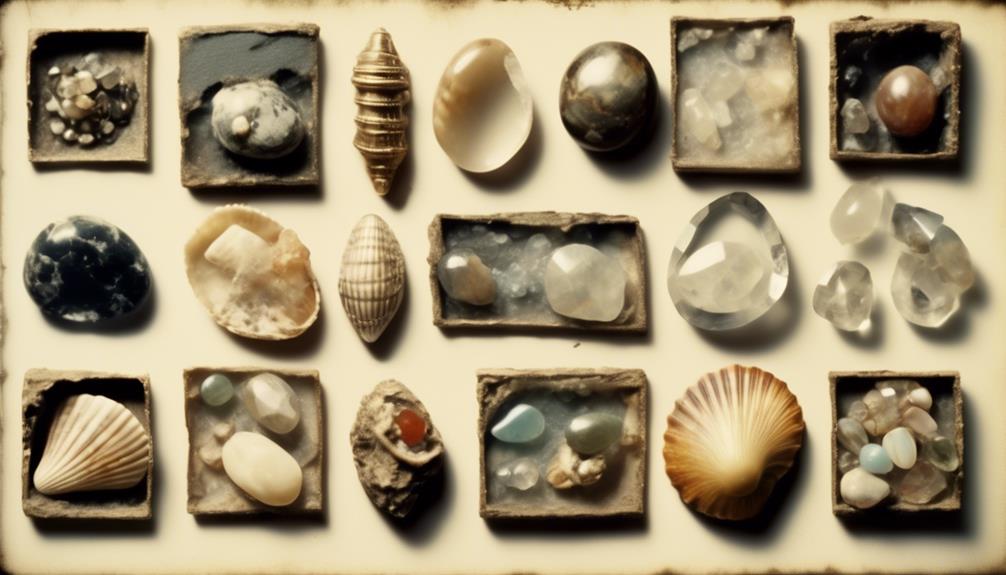The Evolution Of Adornment: Exploring The Alternative Spellings Of "Jewelry"
The Evolution of Adornment: Exploring the Alternative Spellings of "Jewelry"
Related Articles: The Evolution of Adornment: Exploring the Alternative Spellings of "Jewelry"
Introduction
In this auspicious occasion, we are delighted to delve into the intriguing topic related to The Evolution of Adornment: Exploring the Alternative Spellings of "Jewelry". Let’s weave interesting information and offer fresh perspectives to the readers.
Table of Content
The Evolution of Adornment: Exploring the Alternative Spellings of "Jewelry"

The word "jewelry" has a fascinating history, reflecting the evolution of language and the changing tides of fashion and style. While "jewelry" is the most widely accepted spelling in modern English, there are other variations that offer a glimpse into the word’s linguistic journey and the nuances of its usage.
The Roots of "Jewelry"
The word "jewelry" is derived from the Old French word "joiel," meaning "jewel." This word itself originates from the Latin "jocale," referring to a plaything or toy, which eventually came to encompass precious objects. The transition from "joiel" to "jewelry" occurred over time, with the addition of the "-ry" suffix, signifying a collection or a place where something is made or sold.
Alternative Spellings: A Historical Perspective
Historically, the spelling of "jewelry" has been subject to variation. Some alternative spellings include:
- Jewellery: This spelling, commonly used in British English, reflects the influence of the Old French "joiel." The "ll" spelling is a remnant of the French pronunciation, where the "l" sound was pronounced twice.
- Jewelery: This spelling, less common than "jewelry" or "jewellery," reflects a transitional stage in the evolution of the word, where the French "ll" was replaced with a single "l" but the "-ry" suffix remained.
- Jewellerie: This spelling, even less common than "jewelery," reflects a similar transitional stage but with the French "ll" retained.
Regional and Cultural Influences
The spelling of "jewelry" can also be influenced by regional and cultural factors. While "jewelry" is the predominant spelling in American English, "jewellery" is more prevalent in British English. This difference reflects the enduring influence of Old French on British English, while American English has adopted a more simplified spelling system.
The Importance of Spelling Consistency
While the alternative spellings of "jewelry" may seem like minor variations, maintaining consistency in spelling is crucial for effective communication and professional presentation. Using the correct spelling, depending on the intended audience and context, helps ensure clarity and avoids confusion.
The Benefits of Using the "Correct" Spelling
Choosing the "correct" spelling for "jewelry" depends on the specific context and audience. While "jewelry" is generally considered the most widely accepted spelling, using "jewellery" may be appropriate in British English contexts or when writing for a specific audience that prefers this spelling.
The Impact of Spelling on Brand Image
For businesses and individuals operating in the jewelry industry, consistent spelling is essential for maintaining a professional image and building brand recognition. Using the correct spelling helps establish credibility and demonstrates attention to detail, conveying a sense of professionalism and expertise.
FAQs about the Alternative Spellings of "Jewelry"
Q: Which spelling of "jewelry" is correct?
A: Both "jewelry" and "jewellery" are correct spellings, but the preferred spelling varies depending on the context and intended audience. "Jewelry" is generally considered the most widely accepted spelling in American English, while "jewellery" is more common in British English.
Q: Why are there different spellings of "jewelry"?
A: The different spellings of "jewelry" reflect the evolution of the word from its Old French origins, influenced by regional and cultural factors. The spelling variations reflect the transition from the French "joiel" to the English "jewelry," with different spellings reflecting different stages of this evolution.
Q: Is it important to use the correct spelling of "jewelry"?
A: While the difference in spelling may seem minor, maintaining consistency in spelling is crucial for effective communication and professional presentation. Using the correct spelling, depending on the intended audience and context, helps ensure clarity and avoids confusion.
Tips for Choosing the Correct Spelling of "Jewelry"
- Consider your audience: If you are writing for a British audience, "jewellery" may be the more appropriate spelling.
- Refer to style guides: Style guides like the Chicago Manual of Style and the Associated Press Stylebook provide guidance on spelling conventions.
- Check your company’s style guide: If you are writing for a company, check their style guide for specific spelling preferences.
- Be consistent: Once you have chosen a spelling, stick with it throughout your writing.
Conclusion
The alternative spellings of "jewelry" provide a fascinating glimpse into the evolution of language and the cultural influences that shape our words. While "jewelry" is the most widely accepted spelling today, understanding the historical context and regional variations of this word enhances our appreciation for the nuances of language and the enduring power of words to reflect changing times.








Closure
Thus, we hope this article has provided valuable insights into The Evolution of Adornment: Exploring the Alternative Spellings of "Jewelry". We hope you find this article informative and beneficial. See you in our next article!